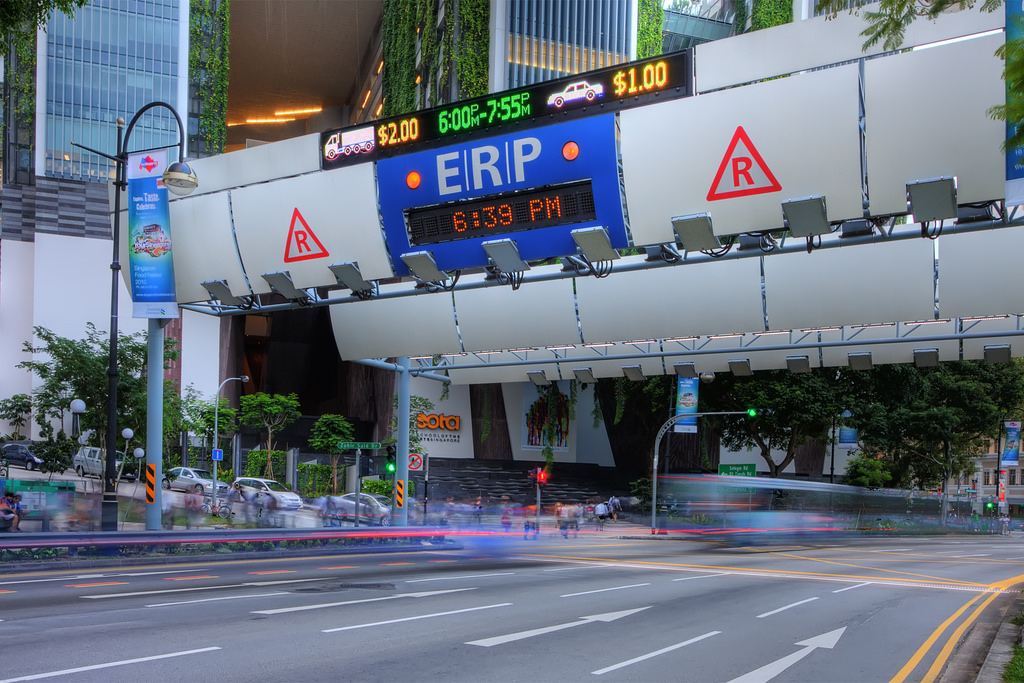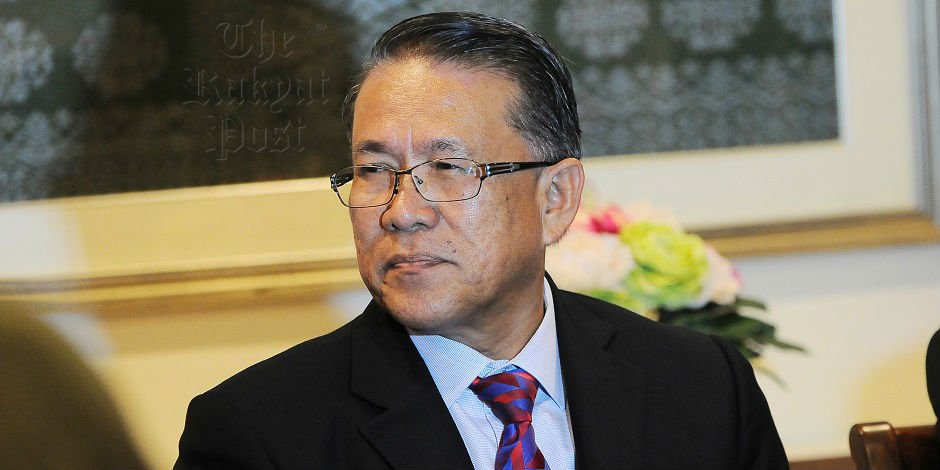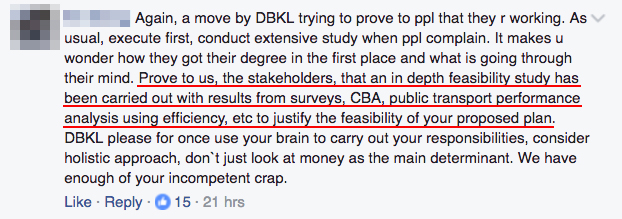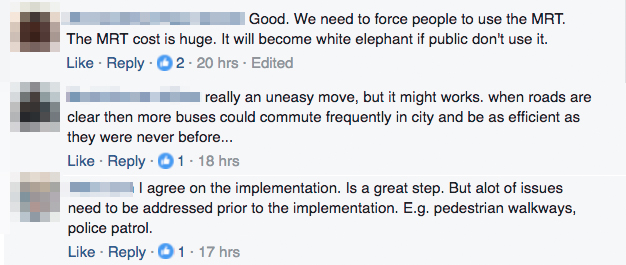This New Move By DBKL Will Greatly Impact Drivers In KL
DBKL is planning to impose congestion charges to encourage the use of public transportation.
Soon, drivers will have to fork out more money to enter certain areas in the Kuala Lumpur city centre during peak hours
DBKL will be introducing a congestion charges policy similar to Singapore's Electronic Road Pricing (ERP) to reduce traffic congestion in the city centre.
Image via flickrKuala Lumpur City Hall (DBKL) is planning to implement a congestion charging system in the city centre as soon as the Klang Valley Mass Rapid Transit (MRT) Line 1 commences operations, The Edge reported on Wednesday, 5 October.
"We will implement (road pricing). That will be the last initiative to reduce congestion in the city. We are still looking into the details," DBKL urban planning department senior deputy director Nik Mastura Diyana Nik Mohamad was quoted as saying.
She explained that the policy is similar to Singapore's Electronic Road Pricing (ERP) system, where drivers would have to pay when they go into a city centre at a certain time, which causes congestion. It was reported that the authorities had this idea as far back as the 1980s.
"We have done a few engagements with the people not only on pricing but more on how to transform our public transportation in Kuala Lumpur," she said, adding that it is an initiative to discourage people from using private cars in the city centre to reduce traffic congestion.
This may not come as a surprise to some as the city mayor had, in fact, made similar remarks late last year
Kuala Lumpur mayor Mohd Amin Nordin Abdul Aziz had said that DBKL was looking to impose road pricing or congestion charges to encourage the use of public transportation.
"(It may be implemented) after the completion of the Mass Rapid Transit (MRT Line 1)," he was quoted as saying by TheSun in September 2015.
The Sungai Buloh-Kajang MRT line trial run has reportedly begun from 1 October, although it is not open to the public yet. It is scheduled to begin operations this coming December.
Although talks of implementation have been going on for some time now, critics are still not too fond of DBKL's idea
Meanwhile, there were some that welcomed the implementation of the new policy but also agreed that the idea needs to be refined





